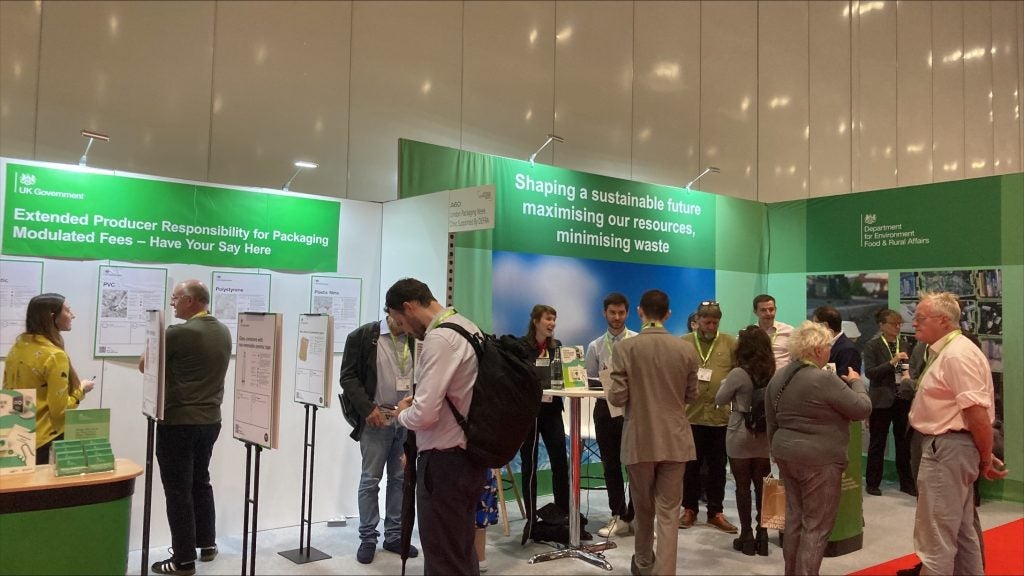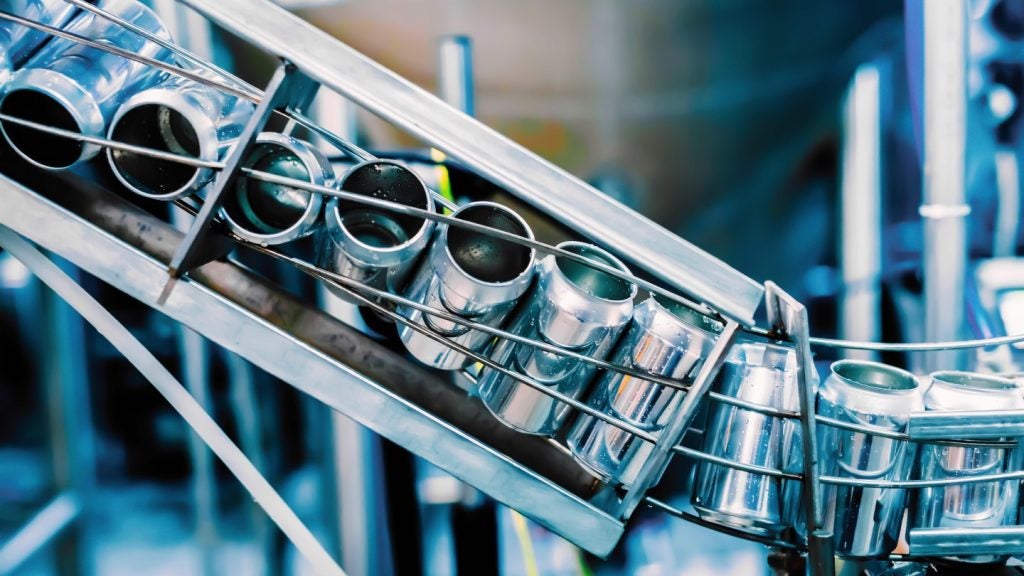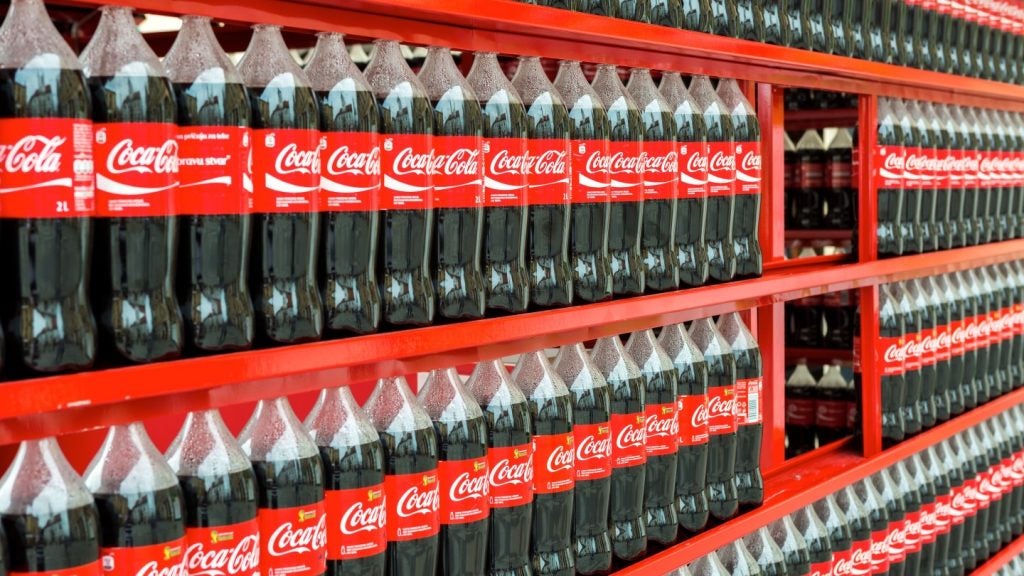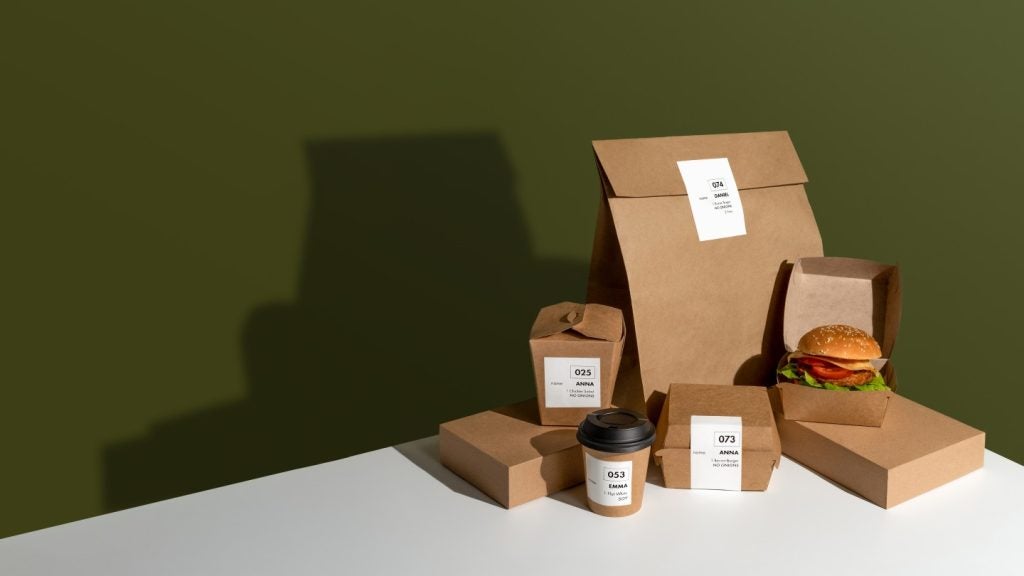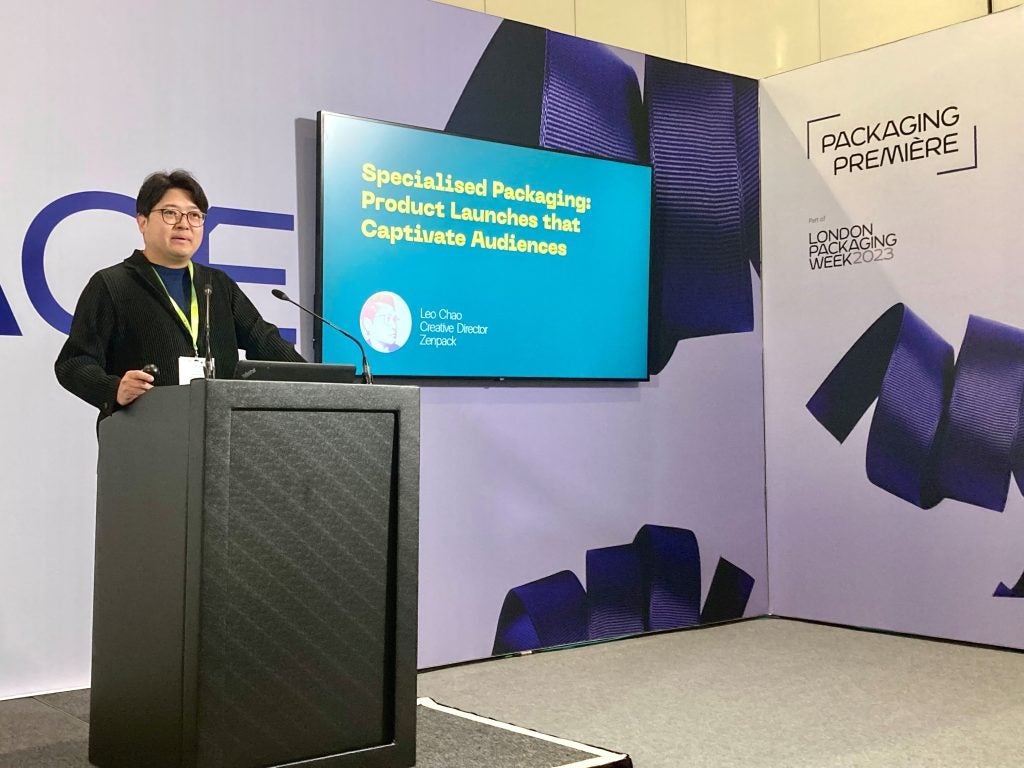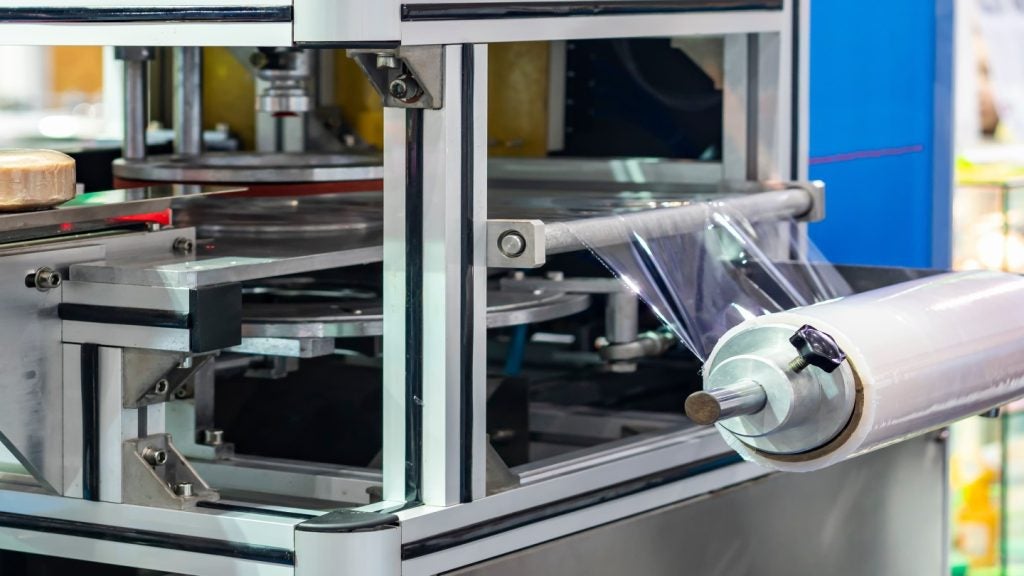The proposed Extended Producer Responsibility (EPR) scheme continues to be a source of contention for the packaging industry.
The EPR aims to make producers responsible for the cost of collection, management and recycling of packaging and incentivise them to make their products recyclable by modulating fees based on the recyclability of products. It will also aim to reduce unnecessary packaging, increase quality and reduce litter.
Businesses have decried the costs that the scheme would impose and its confusing guidelines. The British Retail Consortium (BRC) has called for urgent government reconsideration.
The Department for Environment, Food and Rural Affairs (DEFRA) has delayed the EPR scheme until October 2025, intending to minimise the current economic pressure being faced by various businesses and consumers across the UK.
However, the delay has also been opposed by packaging companies such as James Cropper, who believes that this could have a negative impact on the growth of retailer support and participation.
On the Food and Consumer stage at London Packaging Week, DEFRA representatives attempted to soothe businesses’ worries, clear up guidelines and encourage the industry to provide feedback and data to improve the EPR.
Addressing EPR confusion
DEFRA head of business readiness, engagement and participatory design for delivery Caroline Wynn-Davies began by acknowledging PM Rishi Sunak’s comments on ‘scrapping seven recycling bins’ for ‘simpler recycling’.
Wynn-Davies said: “What was announced yesterday in terms of simpler recycling is still going ahead and was previously known as consistency. We will be coming out with a consultation response on this and the details in the next few weeks.
“It is now about allowing councils to find the best way to deal with collection that is good for them and for their residents.”
Head of digital collection and packaging reforms Peter Collins then confirmed that there is a commitment between England, Wales, Scotland and Ireland to ensure that the EPR schemes work together to be interoperable, while simpler recycling will only happen in England.
Collins stated: “Please don’t go away thinking this is all about packaging – that is only step one and there is a lot more coming.”
Urging EPR cooperation
Collins told the audience that 4,000 producers have enrolled onto DEFRA's EPR data service since it went live on 16 August.
The current consultation on EPR closes on 9 October and Collins encouraged businesses to respond as “this is government trying to work with industry to make sure that the system is as applicable as possible.”
Wynn-Davies emphasised the need for involvement from the ‘full value chain’ such as the waste management sector and local authorities on sessions covering labelling, collection efficiency and effectiveness and participatory design for delivery.
Reconomy brand Valpak has similarly urged its peers to collaborate, as its head of policy George Atkinson commented: "While the delay to EPR aims to give producers more time to prepare, the current regulations contain areas of ambiguity and potential concerns. This could be the last chance for businesses to make their voices heard on legislation that will affect generations to come.”
DEFRA's proposed modulated fees for EPR
Fees and payments calculator lead Barbara Leach revealed ‘for the first time’ the sets of proposed materials that would attract an increased fee under the EPR.
These materials were black plastic, PVC, polystyrene, multi-materials, compostable and degradable plastics, non-PE and non-PP foamed plastics, high wet strength paper and card, some coated papers such as wax and silicone, paper and cards with plastic or foil, embossing or lamination, some types of fibre based composites that are difficult to recycle and glass with attached ceramics.
The criteria for the modulated fees were explained as:
- Is the packaging material technically capable of being recycled?
- Is the collection and sorting infrastructure in place to enable the packaging to be recycled?
- Once recovered and recycled, can the material be used to produce new products?
Leach further emphasised the need for feedback and further discussion from the industry through surveys and stakeholder events planned for later in the year.


